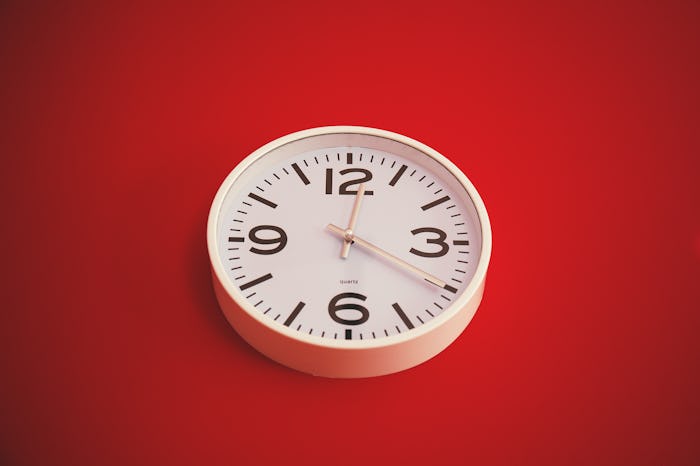Trying to see the world from your baby's perspective is one of the most eye-opening aspects of parenthood. You can easily tell your spouse or friend when you're going to be home after a long day, but this concept is not something you can easily explain to a little one. With this in mind, does baby know when you leave for a long period of time, and how can you make separations easier for your little one?
Although adult world is largely ruled by the clock, young babies do not necessarily understand the concept of time. And even though very young infants seem to do OK as long as they're in the care of any competent caregiver, once babies are around 6 months old the idea of object permanence starts to take hold, as noted in Kids Health. In other words, your kid understands that things and people can exist even when they aren't in her direct line of sight. This can have some bewildering effects on your baby. For instance, your little one will begin to understand that people can go away and return, but not necessarily when this will happen, as further noted by Kids Health. During this phase, if you aren't in your baby's immediate line of sight, she doesn't know if you've stepped into the kitchen for a glass of water or disappeared into a different dimension.
Because you can't explain to your baby that you will return from your job or a trip to the gym in a set amount of time, separation anxiety may set in. Even if it's a routine thing, such as dropping your kid off for daycare every weekday morning, you may deal with a meltdown. As noted in Parents, kids who are around the 6-month mark of development know that you're leaving, but they have no sense of when you may return. Hence the freak outs.
So until your kid has the intellect to understand that you'll return sooner or later, what can you do in the meantime to soothe her nerves? According to Baby Center, leaving your kid with a caregiver that she already trusts, and saying goodbye in a light and positive way, may help stave off those fits of separation anxiety. Soon enough your little one will understand that you'll always come back to her.
